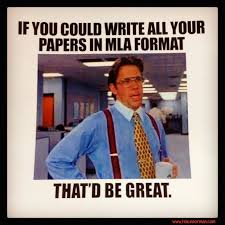What even is a rhetorical analysis? Why are we doing this? Can I just not? All are thoughts I was thinking with the introduction of this unit. We did rhetorical papers in high school, but all I remember is that a “writer does not use ethos/pathos/logos, the writer appeals to ethos/pathos/logos” (random AP teacher junior year). Can I write a paper on uses vs. appeals to? How do I even choice a column? What the heck Mrs. B.
Picking an article was the hardest part. To find something you were interested in, written in a way that you could critique, and somewhat enjoyed was not an easy task. I really did not want to do anything on the election so that narrowed my choices down quite a bit. Once I picked my article I become somewhat immersed into it. My article was about what the human population was doing to our Earth. Friedman argued that without drastic action, and soon, the world as we know it will cease to exist. I started pointing out things in my everyday life that related to the article: the gas you see come out of the exhaust of the OUT busses, plastic in the trash can instead of the recycle bin, and news about another endangered species getting closer to extinction. Unfortunately, the analysis had to be on “rhetoric”… whatever that is.
Rhetoric. The more you say it, the weirder it sounds. Regardless, I still had no idea what it meant. Ethos, pathos, and logos are words I have heard time and time again, but it is so hard to remember which one is which. I finally got it drilled into my head that ethos is credibility, logos is logic, and pathos is emotions. I always thought my problem was mixing them up, but even when I knew which was which, it was sometimes still hard to distinguish if the writer was using ethos or logos. Even after distinguishing between different rhetoric techniques it still became difficult to add in the commentary part of the paper. What do I say? Comment on what? He’s the writer, not me. I was not feeling confident at all in the paper, but the post review email made me feel much better and give me the strength to finish strong. Or at least I hope it was strong…
I think the two most helpful parts of the unit were the introduction gallery walk and an in depth editing session with my sister. I did not get too much feedback from peers, but reading other students’ papers really helped me. I saw a lot of techniques that I liked and would not have thought of. The weekend before the paper was due, I went to my sister’s house and she ripped it apart. I figured the process would be discouraging, but instead it was uplifting because I felt the progress we were making.
All in all I actually really enjoyed the unit. I feel now when I read articles I can look at it in a more academic way and critique it in a more profession and scholarly manner. And I feel like “claim -> evidence -> commentary “ will be forever imprinted into my brain.
